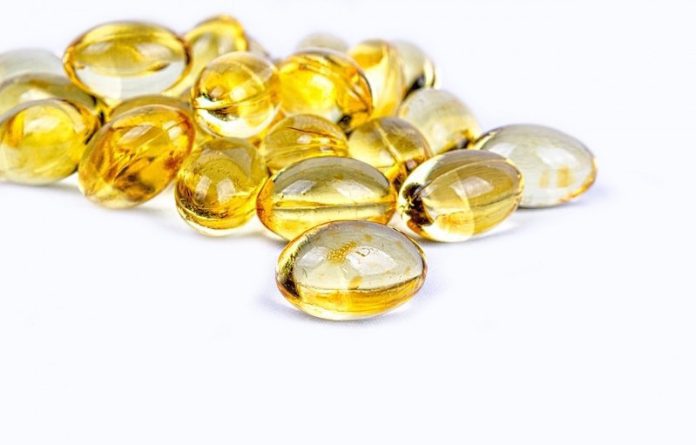
Scientists from Mahidol University found that lower vitamin D level in the body is linked to vertigo.
Benign paroxysmal positional vertigo (BPPV) is one of the most common causes of vertigo — the sudden sensation that you’re spinning or that the inside of your head is spinning.
BPPV causes brief episodes of mild to intense dizziness. It is usually triggered by specific changes in your head’s position.
Vitamin D is both a nutrient we eat and a hormone our bodies make. It is a fat-soluble vitamin that has long been known to help the body absorb and retain calcium and phosphorus; both are critical for building bone.
Also, laboratory studies show that vitamin D can reduce cancer cell growth, help control infections and reduce inflammation.
Many of the body’s organs and tissues have receptors for vitamin D, which suggest important roles beyond bone health.
Also, laboratory studies show that vitamin D can reduce cancer cell growth, help control infections and reduce inflammation.
In the current study, researchers aimed to examine the association between vitamin D levels in the body and the common type of vertigo BPPV.
This study tested 137 people. There were 69 people in the vertigo group compared with 68 healthy people. Blood samples from both groups were collected from all participants to assess vitamin D levels in the body.
The team found no big difference in demographic characteristics between vertigo and health groups.
But they showed that the mean blood vitamin D levels in the vertigo group were lower than that of the healthy group.
Among vertigo participants, there was no big difference between vitamin D levels of participants with recurrent vertigo, and that of newly diagnosed vertigo participants.
Based on the findings, the team concluded that there is a strong association between lower vitamin D levels in the body in the vertigo group compared with that of the healthy group.
Therefore, low vitamin D levels in the body may be one of the risk factors for vertigo.
The research is published in the Ear, Nose & Throat Journal and was conducted by Kanokporn Sarsitthithum et al.
Copyright © 2022 Scientific Diet. All rights reserved.





